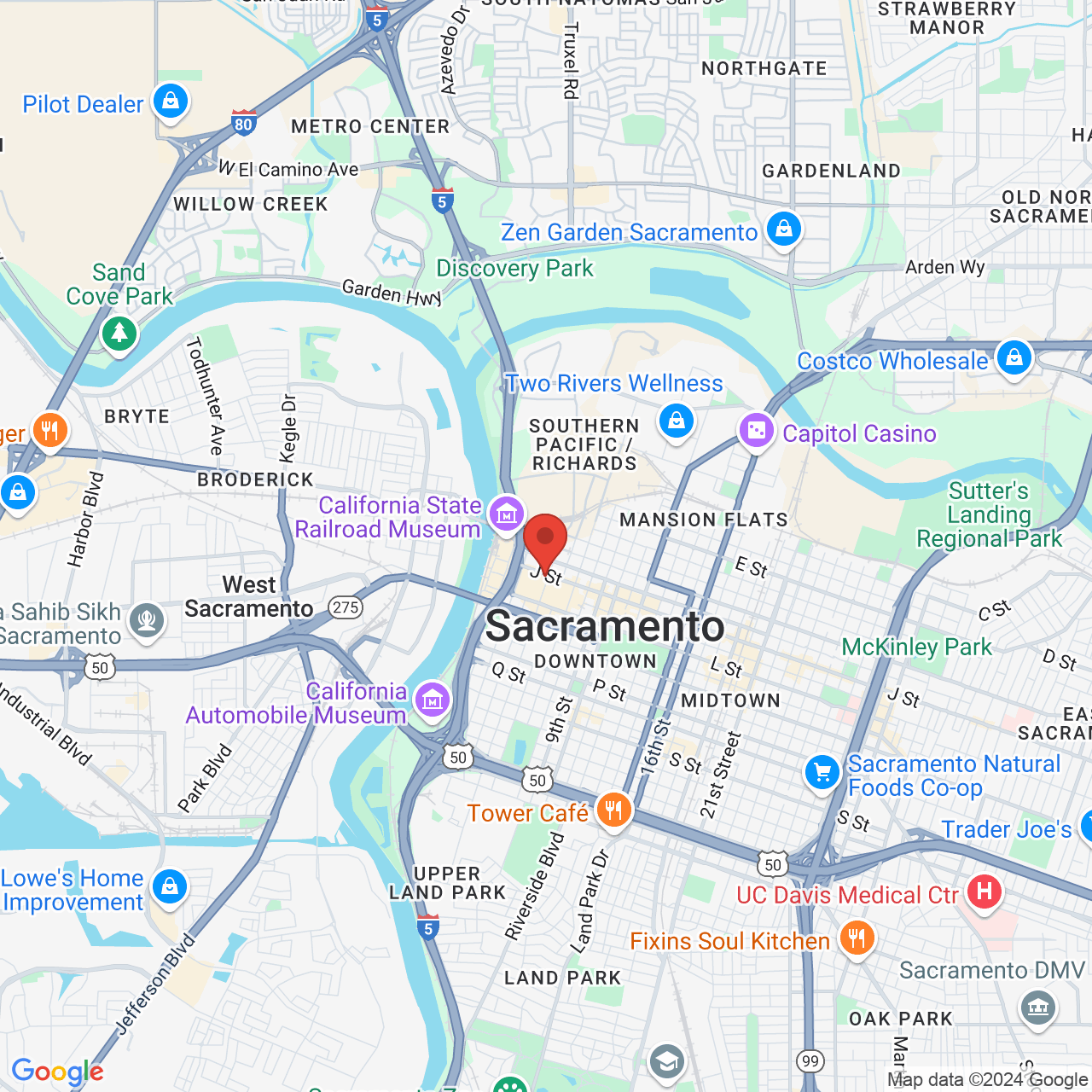Terminated After Refusing to Return to Work In-office?
 When the COVID-19 pandemic began, many workplaces were forced to adopt a remote work policy. Now, as restrictions have been widely lifted, many organizations are asking employees to return to work in-office. Unfortunately, that is not something that all employees are able to do.
When the COVID-19 pandemic began, many workplaces were forced to adopt a remote work policy. Now, as restrictions have been widely lifted, many organizations are asking employees to return to work in-office. Unfortunately, that is not something that all employees are able to do.
As employees question the safety of returning to work there have been more cases of people being terminated after refusing to return to work in-office. Individuals in the Sacramento, CA, area who have lost their job because they choose not to return in-person can learn about their legal options from employment law attorney Gregory Thyberg.
Can I Be Legally Fired if I Refuse to Work In-office?
California is one of many states where employment is considered “at will.” This means that either an employer or employee can terminate employment at any time without providing a reason, provided that the termination does not violate existing employment laws. Furthermore, it is generally an implied term of employment contracts that the employer has the right to determine where work will be performed. Considering these factors, most employers are within their legal right if they choose to terminate an employee who elects not to return to work in-office.
Are There Exceptions?
Although an employer can fire an employee for not returning to work in-office in most cases, there are exceptions. As we’ve stated, no termination is legal if it violates existing employment laws. In regards to returning to work in-office amidst ongoing COVID-19 concerns, the Americans with Disabilities ACT (ADA) and/or the California Fair Employment and Housing Act may apply.
These acts establish that, if an employee has a disability (which may include certain medical conditions) that makes them unable to perform essential elements of their job (which could include returning to work in-office), their employer must consider providing them with reasonable accommodations, provided it does not place an undue hardship on the business. Reasonable accommodations are adjustments that can be made to allow the employee to perform their job as required.
Making a Request for Reasonable Accommodations
Sacramento workers who have medical conditions that make it unsafe to return to work in-office must file a request for reasonable accommodations in writing. The request should detail why they are unable to return to work in person, and should include suggested reasonable accommodations. Possible accommodations may include:
- Working from home
- Creating an in-office work space that is separate from other employees and/or the general public
- Adjusting work hours so that the employee is not in-office when others are around
If an employee has made a request for reasonable accommodation and it has been denied, they may be able to take legal action. Gregory Thyberg can examine the details of a termination to determine if the employee has been wrongfully terminated. If so, they may be due financial compensation for related damages.
Contact Our Law Firm
If you have been terminated for refusing to return to work in-office, and you believe that your employment rights have been violated, employment law attorney Gregory Thyberg can help you consider your legal options. To discuss your situation in further detail, send us a message online, or call our Sacramento law firm at (916) 204-9173.


